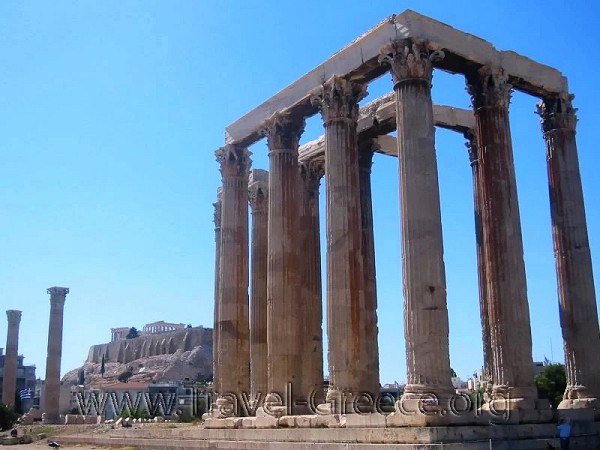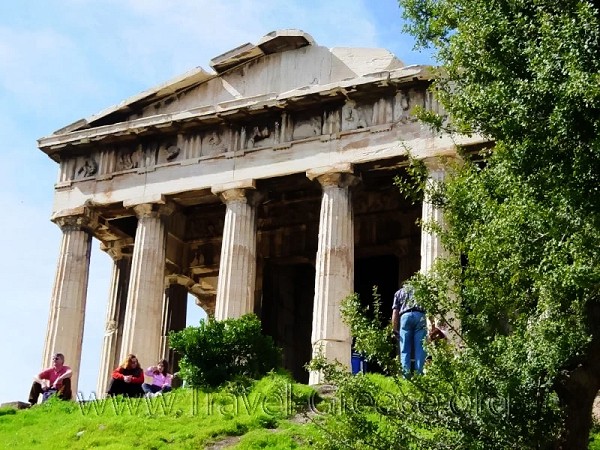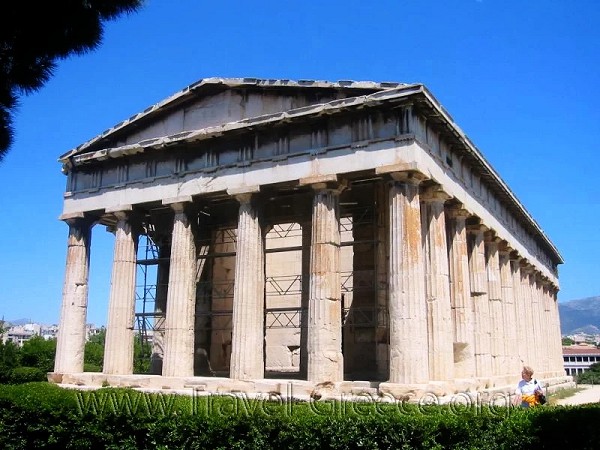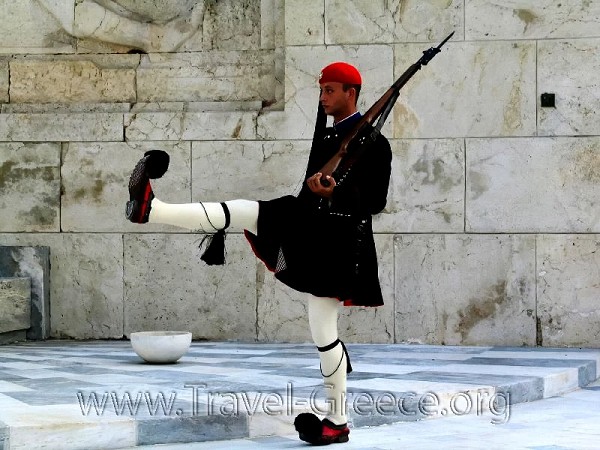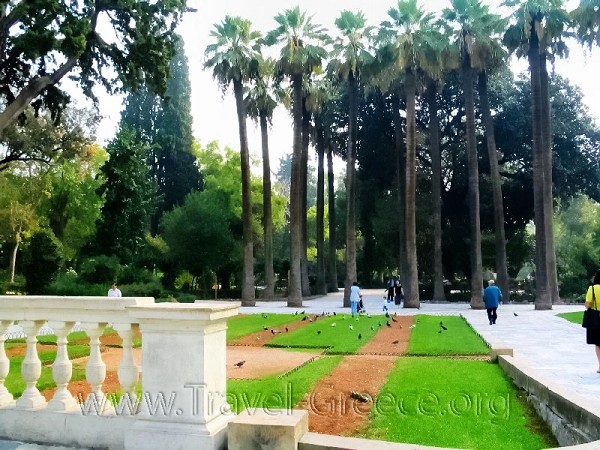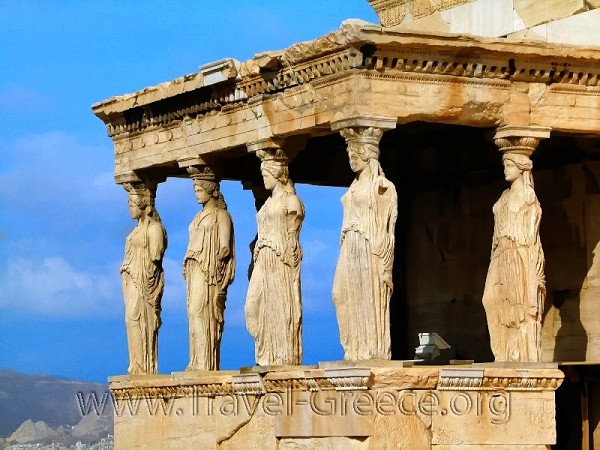Discover the Timeless Allure of Greece: A Land of Mythical Landscapes and Cultural Riches
Welcome to Greece, a country where the whispers of history blend seamlessly with modern vibrancy, creating a tapestry as colorful as its famed islands. Greece is not just a destination; it's an experience that stays with you long after you've left its shores.
Nestled at the crossroads of Europe, Asia, and Africa, Greece is a symphony of stunning landscapes, from the crystal-clear waters of the Aegean Sea to the rugged mountains that pierce the sky. Each island and city tells its own story, a narrative woven through centuries of civilization, myth, and legend.
Athens, the heart of ancient Greece, stands as a beacon of history, housing the majestic Acropolis and the Parthenon, symbols of classical antiquity. Yet, Athens is more than its past; it's a bustling metropolis brimming with contemporary art, vibrant street life, and culinary delights that blend traditional flavors with modern twists.
Venture beyond the mainland to the Greek islands, each with its unique charm. Santorini enchants with its famous sunsets and cliff-side homes, while Crete captivates with its blend of beaches, archaeological sites, and mountain villages. Mykonos buzzes with energy, its nightlife as legendary as its beaches, whereas Rhodes takes you back in time with its medieval architecture.
The true spirit of Greece lies in its enduring traditions and warm hospitality. Greek culture is a rich tapestry of music, dance, and time-honored customs, inviting you to partake in celebrations that have endured for millennia. The Greek cuisine, a cornerstone of the Mediterranean diet, offers a feast for the senses, with fresh ingredients, flavorful olive oil, and renowned wines.
Greece is more than a travel destination; it's a journey through time, a plunge into the depths of the azure sea, and a dance under the Mediterranean sun. It's an invitation to explore, to taste, to live — an adventure that begins with the first step onto its storied land.
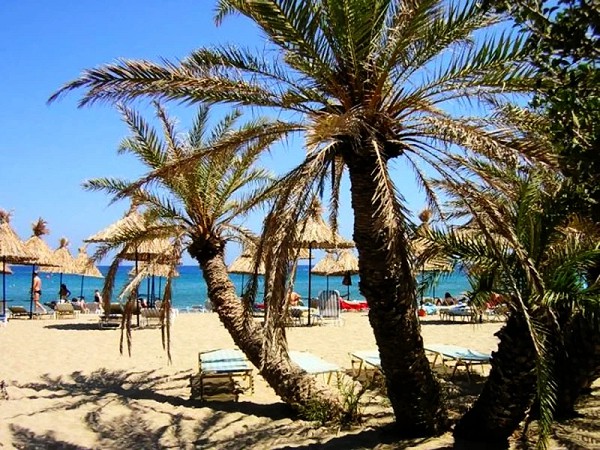
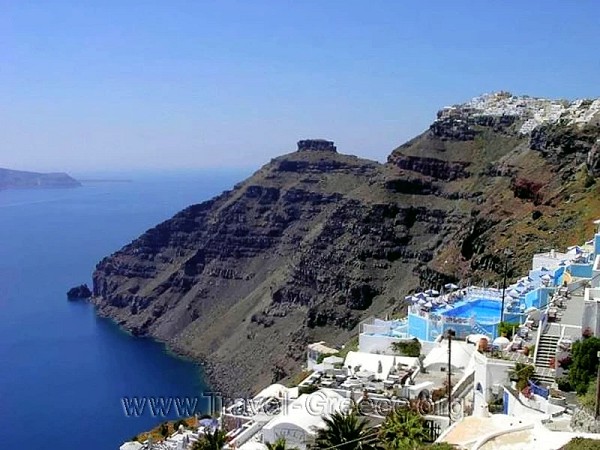
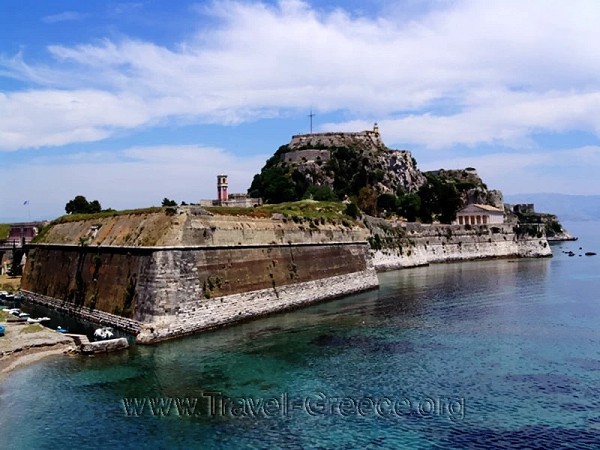
Top Destinations in Greece: A Tapestry of History, Beauty, and Unforgettable Experiences
Athens: The Cradle of Civilization
Athens, the historical capital of Europe, offers a unique blend of ancient history and modern life. The city is crowned by the Acropolis, home to the iconic Parthenon, standing as a testament to Greece's glorious past. Wander through the Plaka neighborhood with its neoclassical architecture, enjoy the vibrant street art, and indulge in culinary delights at a traditional taverna. Athens is a hub for history enthusiasts, art lovers, and urban explorers.
Santorini: A Picturesque Paradise
Santorini, famed for its stunning sunsets and unique architecture, is a jewel in the Aegean Sea. Its cliffs adorned with white-washed buildings and blue-domed churches offer breathtaking views over the caldera. This island is perfect for romantic getaways, with its exquisite wine tours, luxurious resorts, and an enchanting atmosphere that blends natural beauty with ancient history.
Mykonos: The Cosmopolitan Island
Mykonos, known as the "Island of the Winds," is a blend of chic sophistication and traditional Greek charm. Renowned for its vibrant nightlife, Mykonos also boasts beautiful beaches, stylish boutiques, and charming windmills. The island's Little Venice, an area with colorful buildings right on the water, provides a picturesque backdrop for dining and relaxation.
Crete: A Blend of Myth and Majesty
Crete, Greece’s largest island, is a tapestry of splendid beaches, ancient treasures, and landscapes enveloped in myth. From the legendary Palace of Knossos, linked to the Minotaur's labyrinth, to the rugged beauty of its mountains and gorges, Crete invites adventurers and history buffs alike. The island's diverse culinary scene, featuring local cheeses, olive oil, and seafood, is a delight for food lovers.
Corfu: The Emerald Isle
Corfu, set in the Ionian Sea, is known for its lush greenery and rich cultural heritage. Influenced by various civilizations, Corfu's architecture is a splendid mix of Venetian, French, and British styles. Explore the charming Old Town, a UNESCO World Heritage site, relax on beaches with crystal-clear waters, and immerse yourself in the island’s tranquil beauty.
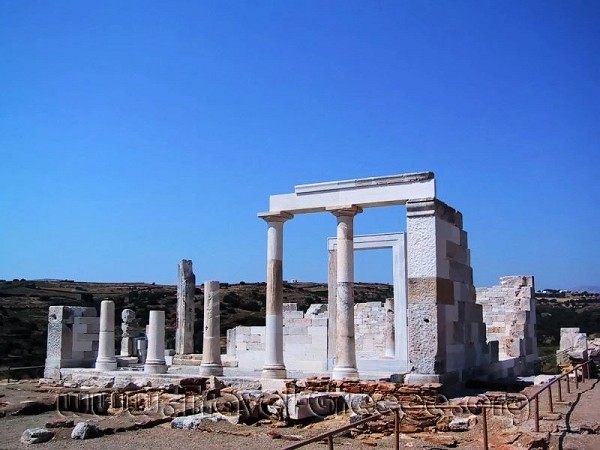
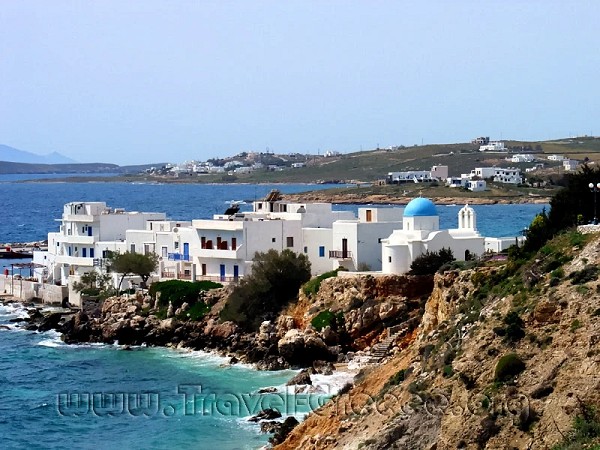
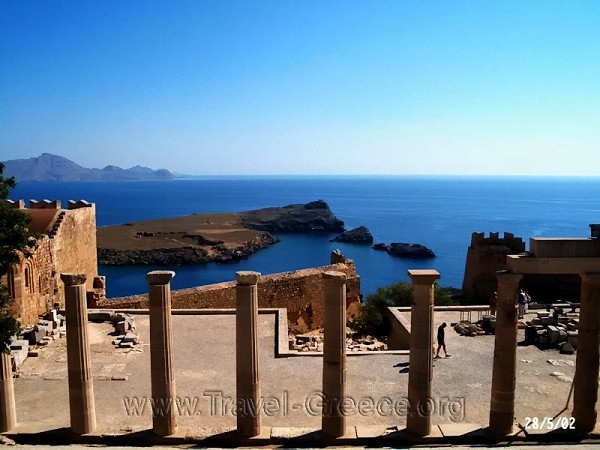
Essential Travel Tips for an Unforgettable Greek Odyssey
Best Time to Visit
The ideal time to explore Greece is during the spring (April to early June) and fall (September to October). During these periods, you'll enjoy pleasant weather, fewer crowds, and more affordable accommodation. The summer months, while popular, can be quite hot, especially in the islands and mainland cities like Athens. Winter offers a unique charm with fewer tourists, making it perfect for exploring historical sites and experiencing local life.
Understanding Local Customs
Greeks are known for their hospitality and friendliness. It's customary to greet with a warm "Kalimera" (good morning) or "Kalispera" (good evening). When dining out, it's polite to wait for your host to say "Kali orexi" (good appetite) before starting your meal. Also, tipping is appreciated in Greece; around 5-10% of the bill is customary in restaurants.
Navigating Transportation
Greece has a comprehensive transportation network. In cities, the metro and buses are efficient and affordable. For island hopping, ferries are the most common mode of transport, offering a scenic journey across the Aegean and Ionian seas. Renting a car is a great option for exploring more remote areas and gives you the flexibility to travel at your own pace.
Safety Tips
Greece is generally a safe country for tourists. However, like any travel destination, it's important to stay vigilant, especially in crowded areas to avoid pickpockets. Always have a copy of your important documents, and keep your belongings secure. When visiting beaches, be mindful of the flag warnings for swimming.
Local Connectivity
Staying connected is easy in Greece, with wide mobile network coverage and numerous Wi-Fi hotspots in public areas and accommodations. Consider buying a local SIM card for cost-effective data and calls.
Culinary Experiences
Greek cuisine is a highlight of any visit. Try local dishes like moussaka, souvlaki, and fresh seafood. Don't miss out on the traditional Greek coffee and desserts like baklava. Remember, Greek meals are a leisurely affair, so take your time to savor the flavors and local hospitality.
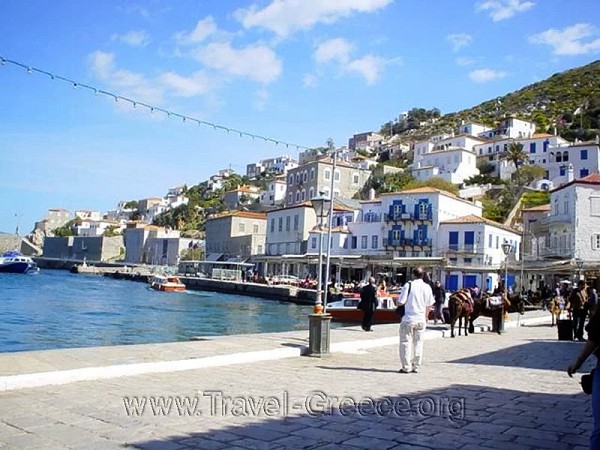
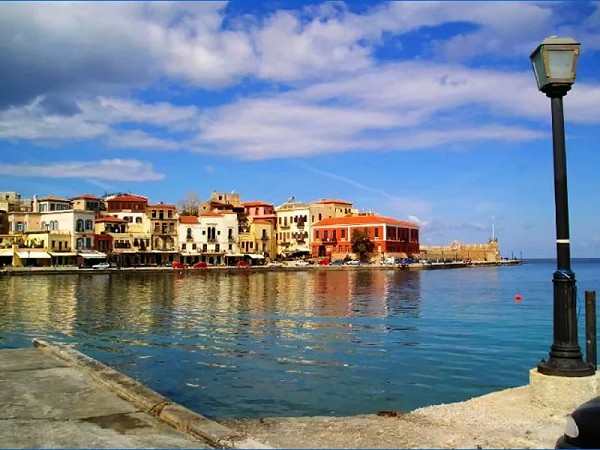
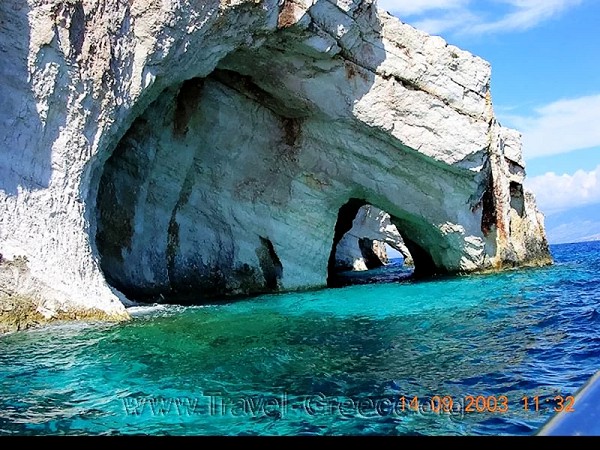
Exploring the Pristine Beaches of Greece: From Bustling Shores to Secluded Paradises
Navagio Beach, Zakynthos: A Spectacular Haven
Navagio Beach, also known as Shipwreck Beach, is one of Greece's most famous sights. Enclosed by towering cliffs and accessible only by boat, this beach is renowned for its crystal-clear waters and the picturesque shipwreck that rests on its sands. It's a must-visit for photographers and adventure seekers.
Elafonissi Beach, Crete: A Pink Sand Marvel
Elafonissi Beach in Crete is a natural wonder, famous for its unique pink-hued sand and shallow, warm waters. Ideal for families and those seeking a serene beach experience, Elafonissi offers a tranquil escape amidst breathtaking natural beauty.
Myrtos Beach, Kefalonia: Iconic Beauty
Myrtos Beach, often cited as one of the most beautiful beaches in Greece, is known for its dazzling white pebbles and turquoise waters. Nestled at the foot of towering limestone cliffs, Myrtos offers a dramatic and mesmerizing landscape that captures the essence of Greek island beauty.
Sarakiniko Beach, Milos: Lunar Landscapes
Sarakiniko Beach on the island of Milos is famed for its otherworldly beauty. With white volcanic rocks sculpted by wind and waves, it resembles a lunar landscape. Its unique geological formations make it a favorite spot for swimmers and photographers alike.
Balos Lagoon, Crete: Exotic and Remote
Balos Lagoon in Crete is a stunning blend of white sand and exotic turquoise waters, creating a lagoon-like effect. This remote beach, accessible by a hike or a boat trip, offers an unspoiled paradise for those looking to escape the crowds and experience nature's untouched beauty.
Seitan Limania, Crete: A Hidden Gem
Seitan Limania, a relatively hidden beach in Crete, is a narrow cove flanked by steep cliffs. Known for its deep azure waters and dramatic setting, it's a perfect spot for those seeking a quiet and breathtaking beach experience away from the usual tourist paths.
Immersing in the Rich Cultural Tapestry of Greece: History, Art, Festivals, and Gastronomy
A Journey Through Greek History
Greece is a cradle of Western civilization, and its history is a cornerstone of its cultural identity. From the ancient ruins of the Acropolis in Athens to the Minoan palaces of Crete, Greece’s historical sites offer a window into a past where philosophy, democracy, and the arts flourished. Visiting these sites provides a deeper understanding of how ancient Greece has shaped the modern world.
Greek Art and Creativity
Greek art, both ancient and contemporary, reflects the country’s creative spirit. Ancient Greek sculptures and architecture are celebrated for their innovation and beauty. In modern times, Greece’s art scene thrives with galleries in Athens and Thessaloniki showcasing contemporary artists who blend traditional themes with modern expressions.
Festivals and Celebrations
Greek festivals are a vibrant part of the culture, with celebrations ranging from religious feasts to music and film festivals. The Orthodox Easter is particularly significant, marked by candle-lit processions and festive meals. Other notable events include the Athens Epidaurus Festival, showcasing theater, dance, and music, and the Thessaloniki Film Festival, one of the most important cinematic events in southeastern Europe.
The Delights of Greek Cuisine
Greek cuisine is a central element of the country’s culture, known for its use of fresh ingredients, olive oil, and herbs. Traditional dishes like moussaka, souvlaki, and spanakopita are staples, alongside an array of seafood and cheeses. Greek meals are often social affairs, a time for family and friends to gather and enjoy food and conversation. The culinary experience is not complete without tasting Greek coffee or ouzo, an anise-flavored aperitif.
Embarking on Unique Adventures in Greece: Wine, Seas, and Ancient Ruins
Wine Tasting in Nemea: A Journey Through Flavors
In the verdant valleys of Nemea, one of Greece's most renowned wine-producing regions, visitors can indulge in exquisite wine tasting experiences. Touring the local vineyards and wineries, you’ll discover the rich history of Greek winemaking and taste exceptional varieties like the Agiorgitiko grape. This experience is a must for oenophiles and anyone interested in the deep-rooted tradition of Greek viticulture.
Sailing the Aegean Sea: A Nautical Adventure
Sailing across the Aegean Sea offers an unparalleled perspective of Greece’s stunning coastline and islands. Charter a yacht or join a sailing tour to navigate the crystal-clear waters, anchoring at secluded bays and picturesque islands. This adventure is ideal for those seeking a blend of relaxation, exploration, and the thrill of the open sea.
Exploring the Ruins of Delphi: A Historic Expedition
Delphi, once considered the center of the world in ancient Greek civilization, is an extraordinary archaeological site. Visitors can explore the Temple of Apollo, the ancient theater, and the Delphi museum, which houses significant artifacts. Walking through these ruins amidst the backdrop of Mount Parnassus offers a unique connection to the myths and legends of ancient Greece.
Thessaloniki’s Cultural Mosaic: A City of Layers
Thessaloniki, Greece's cultural capital, presents a blend of history, art, and vibrant street life. From Byzantine walls to Ottoman-era buildings, the city is a living museum. The lively markets, eclectic nightlife, and rich culinary scene make it a must-visit for those looking to experience a different side of Greek urban culture.
Hiking the Samaria Gorge: A Nature Enthusiast’s Dream
For nature lovers, hiking the Samaria Gorge in Crete provides a challenging yet rewarding experience. This trek through one of Europe’s longest gorges is a journey through diverse landscapes, with stunning vistas and encounters with unique flora and fauna.
Embrace the Journey: Your Unforgettable Greek Adventure Awaits with Travel-Greece
As we conclude our exploration of Greece's spectacular landscapes, rich history, and vibrant culture, it’s clear that this country offers a mosaic of experiences for every kind of traveler. From the ancient ruins that whisper tales of yore to the sun-kissed beaches that beckon with their azure waters, Greece is a destination that promises both adventure and tranquility.
Whether you're sipping fine wine in the rolling hills of Nemea, sailing the sparkling Aegean Sea, or delving into the historic wonders of Delphi, each moment in Greece is a step through a world where myths come alive and beauty knows no bounds. The unique blend of traditional charm and modern vibrancy found in cities like Thessaloniki, the culinary delights that are a testament to Greek hospitality, and the serene landscapes of Crete and the Greek islands offer an array of experiences that cater to all senses and desires.
Travel-Greece is your gateway to this enchanting land. Our expertise and deep love for Greece ensure that your journey is not just a trip but a treasure trove of memories waiting to be cherished. With tailor-made itineraries, insider tips, and a commitment to showcasing the best of Greece, we invite you to embark on an adventure that will captivate your heart and enrich your spirit.
Your Greek odyssey is just a decision away. Let Travel-Greece guide you through this mesmerizing land of legends and landscapes. The wonders of Greece await – are you ready to discover them?
